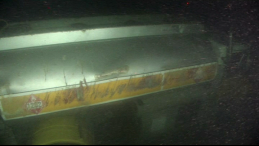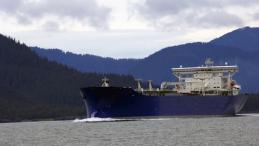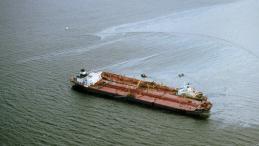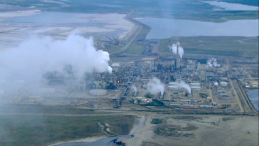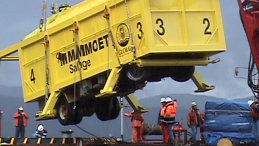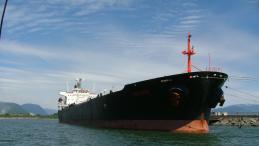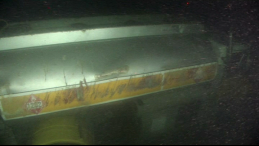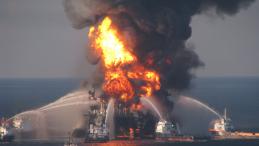Pollution charges welcomed in Robson Bight spill
VANCOUVER -- Living Oceans Society congratulates the Federal Crown for laying charges against the parties allegedly responsible for last summer’s barge spill in the Robson Bight ecological reserve. Campbell River’s Gowlland Towing Ltd., tug boat master Carl Theodore Strom, and logging contractor/equipment owner Ted LeRoy Trucking Ltd. face a number of pollution related charges and are expected to appear in Provincial Court on July 21.

